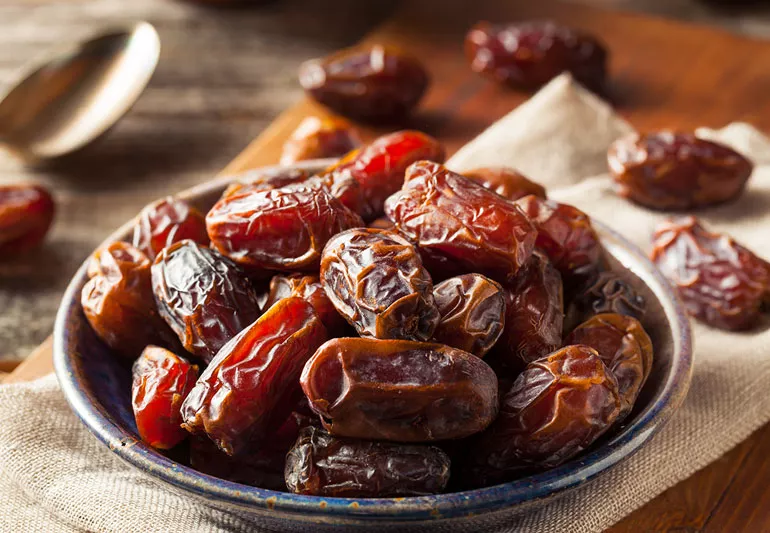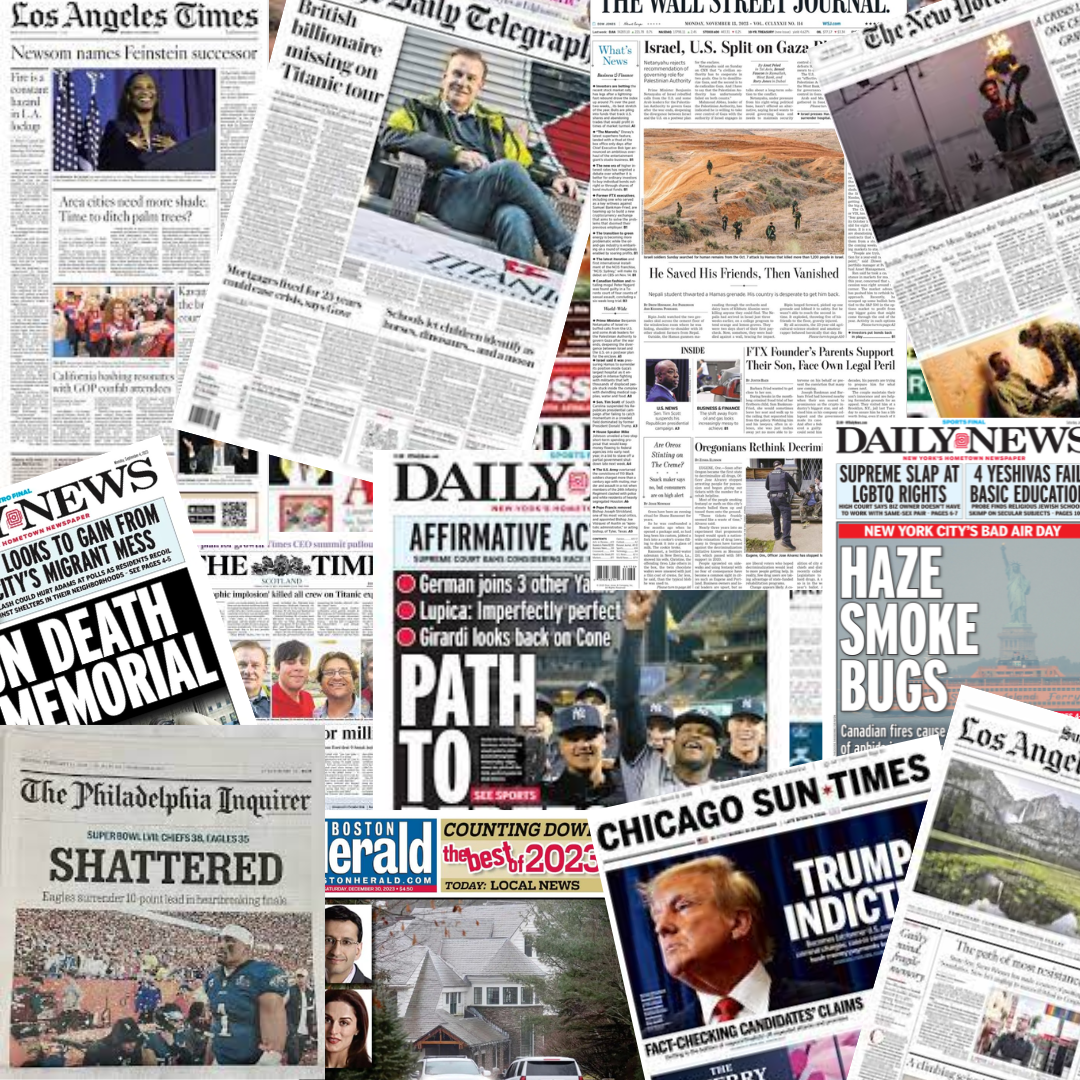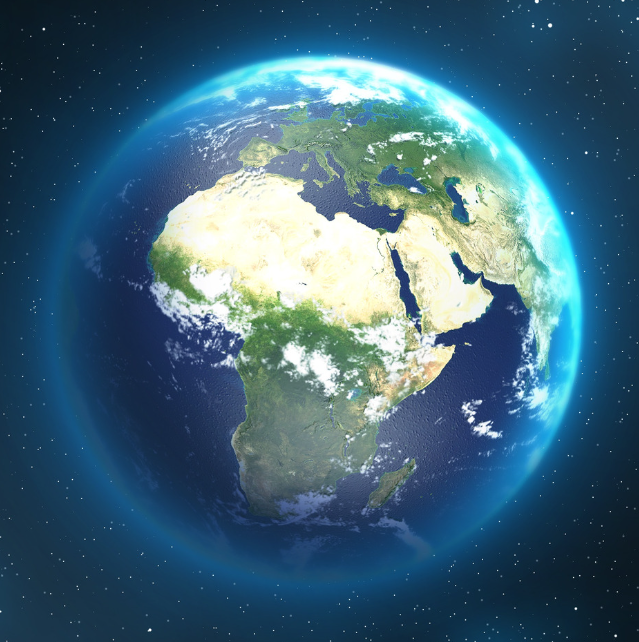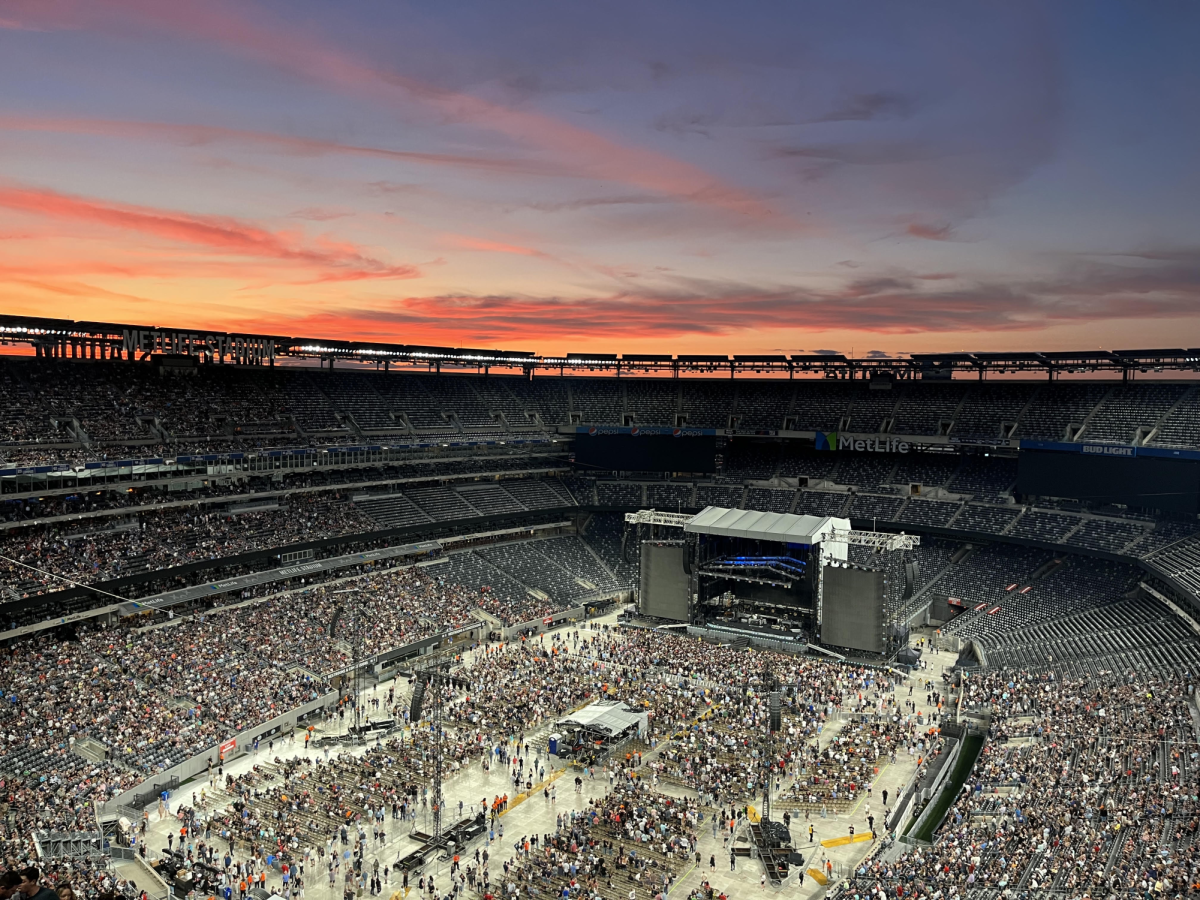On the night of March 10th, the Ramadan Hilal, or crescent moon, was spotted in the night sky, marking the beginning of the Muslim holy month. For 30 days– from sunrise to sunset– Muslims refrain from food and water. Though fasting is arguably the most important part of Ramadan, there are many other traditions Muslims observe during the month.
- Dates and Water
When opening one’s fast, it is very tempting to grab the most delicious thing on the table. It may be hard to ignore this impulse, but patience is key. Muslims open their fasts with dates and water. Dates are a fruit rich in both nutrients and history. Dates are full of fiber and antioxidants and many studies show additional health benefits. They are mentioned 22 times in the holy book, the Quran. All around the world, almost 2 billion people open their fast with a date each night in Ramadan. The fruit is small, but holds a large importance.
- Suhoor and Iftar
The biggest misconception about Ramadan is that Muslims do not eat at all for the whole month. That is definitely not true. When the sun is down, there are two meals Muslims eat. They are similar to breakfast and dinner. Suhoor, the breakfast meal, is consumed early in the morning to give them a boost of energy to start the day. Iftar, the dinner meal, is taken after sunset. Muslims sit down with their families and enjoy the meal together. Families and friends invite each other for iftar to eat and spend time together. These gatherings are a big part of the Ramadan spirit– cherishing loved ones.
- Ramadan “Resolutions”
At the start of a new year, many people write New Year’s resolutions in hope of starting the year on a clean slate. Ramadan gives Muslims this same surge of motivation. During Ramadan, Muslims push themselves to do their best. This involves cutting bad habits, increasing productivity, and improving one’s character.
- Laylat ul Qadr
This night is the best night in Ramadan. The night of decree, or Laylat ul Qadr, is better than 1000 months– that’s 83.3 years! The special thing about this night is it doesn’t have an exact date. It can be any odd numbered night in the last 10 days. In search of this night, Muslims look out for signs: a peaceful night with rain or a soft-rayed sunrise.
- Eid ul Fitr
Even after Ramadan is over, its spirit isn’t gone just yet. After the 30 days of fasting comes a day of celebration: Eid ul Fitr, or the Holiday of Breaking the Fast. On this day Muslims spend time with family and friends, exchange gifts, and wear their best clothes. On this day, they reflect on the patience and self control Ramadan has taught them and work to integrate these lessons in their daily lives.







